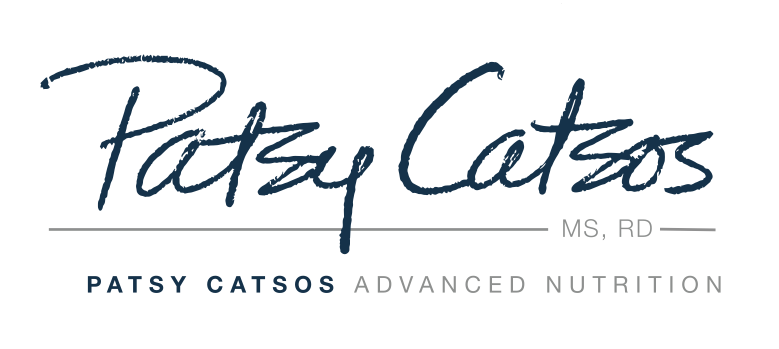Q. I’ve never had any luck with lactase pills. They don’t seem to help me enjoy dairy products like they are supposed to. When I eat ice cream, I often still end up gassy and bloated, and by morning I’ve had a bout of abdominal pain and diarrhea. Why isn’t it working?
A. Lactase is a digestive enzyme that helps people digest lactose, also known as milk sugar. Some people don’t make enough lactase on their own, and may take lactase pills to help them enjoy lactose-containing foods like milk and ice cream without pain. As I suggested in a recent post, the best time to try a lactase supplement is after the reintroduction phase of a FODMAP elimination diet.
Lactose
Let’s start by assuming that you have determined that you are, in fact, lactose intolerant. If lactase enzyme supplements are letting you down, discuss these questions with your healthcare provider:
- Are you taking the lactase too far ahead of time? Lactase must be physically in contact with lactose for it to work. Don’t take the lactose pill before leaving home for the restaurant or ice cream store. It will be too late if the lactase needs to be digested 30 minutes or an hour later.
- Are your portions overwhelming? It isn’t realistic to expect a lactase pill to handle a pint of ice cream or an extra-large milkshake. Try cutting back to a 1 cup portion.
- Are you choosing low-fat frozen yogurt or ice cream? This matters because there is a tremendous difference in the lactose content of milk vs. cream. Though we aren’t usually privy to ice cream recipes used by brands, we can figure that low-fat frozen yogurts and ice cream have more milk/less cream in the recipe, and therefore contain more lactose than the rich stuff. Try cutting back a little more on these, to ½ cup. (It doesn’t make much difference whether fluid milk is whole, low-fat, or non-fat, though.)
Do you see any surprises here? All milk products are not alike when it comes to lactose. The above figures are my educated guesses, in most cases. The exact lactose content of milk products is rarely known or published.
Other FODMAPs
Consider potential issues involving other FODMAPs:
- Are you using a lactase enzyme product that contains other FODMAPs? Check the label and avoid those that contain mannitol or other high-FODMAP sweeteners, especially if the product is chewable.
- Is the ice cream sweetened with another one of your problem FODMAPs? Is it sweetened with high-fructose corn syrup or agave, or just too much sugar for you? Does it contain inulin? If it is a “diet” frozen dessert, does it contain polydextrose, sorbitol or other sugar alcohols?
Beyond FODMAPs
Lactose isn’t everything when it comes to dairy. You could be having non-FODMAP problems with another aspect of the food.
- Are you intolerant to large amounts of dietary fat? Big portions of rich ice cream (or butter, or alfredo sauce, or fried food) can be difficult for many people to digest and can cause gastrointestinal distress.
- Do you have a milk allergy? Milk allergies are more common in children, and are sometimes outgrown. Milk allergy, unlike lactose intolerance, involves the immune system. Symptoms can be experienced throughout your body and are not limited to IBS-like symptoms. They can range from mild to life-threatening. Consult your doctor or seek emergency care if you or your child experience constricted airways, swollen throat, difficulty breathing, facial flushing, itching, or a drop in blood pressure shortly after consuming milk. Do not try to consume milk or milk products if you are allergic to it.
- Milk sensitivity also involves your immune system, but symptoms can be milder than those of a classic food allergy. Small amounts may be tolerated, and milk products in different forms may be tolerated differently. For example, your immune system could react differently to two different types of cheese.
If milk is so complicated, why not just switch to non-dairy products and be done with it? Well, foods made with real dairy milk taste delicious, are less processed and in my opinion are better sources of protein and other nutrients than dairy replacement products. Maybe it’s time to meet with your dietitian to hash out all the details of lactose vs. dairy and how they affect you.
This page may contain affiliate links. We are a participant in the Amazon Services LLC Associates Program, an affiliate advertising program designed to provide a means for us to earn fees by linking to Amazon.com and affiliated sites.


